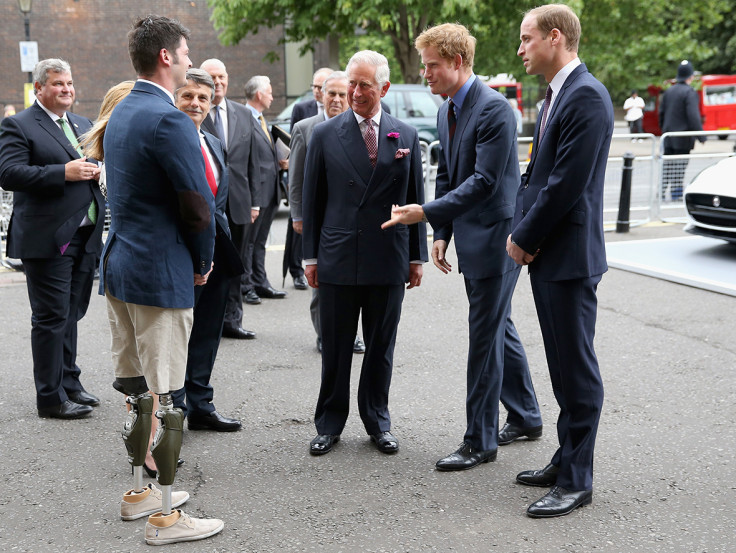Business awards programs aren't as credible as you might think
A survey conducted by Avid Panda has shone a light on the enormous costs businesses pay for award shows and the dubious nature surrounding them.

Business-centred awards programs have raised many eyebrows over recent years, with a number of people asking how much of it is real and how much of it is fabricated.
New research from Avid Panda and distributed through ResponseSource has provided insight into the concerns surrounding business awards shows and their legitimacy. It comes amidst there being a 69 per cent rise in people searching for "business award scams" in the last five years.
100 awards programs were surveyed to identify what entry processes businesses must follow through with and how possible it is for a business to go on and win an award.
The study found that in reality, six out of 10 awards organisations do not require businesses to attach any supporting evidence of achievements which means they can fabricate crucial details. The lack of fact-checking and thorough consideration can result in there being an array of undeserved winners.
Award shows can cost up to a large sum of £7000 for businesses when factoring in aspects such as applying for an award, with 64 per cent of award companies demanding an entry fee before submitting an application. Also, costs arise from businesses being expected to pay £1228 for just a single entry and purchasing trophies, with one found to cost £279.
There is a curiosity as to why businesses invest a great deal into award shows when they can get more recognition and credibility for their company from getting reviews and therefore spending nothing.
A study has shown receiving 200 reviews can allow a business to increase its revenue by 44 per cent. Trustpilot revealed that getting reviews can also help a company as there can be a sale increase of up to 230 per cent.
Even if a business came out on top at an award show and won a trophy, it would only increase sales by up to 37 per cent. This demonstrates that award shows may not be the wisest thing to invest in for businesses and they are better off engaging with their shareholders and focusing their efforts on them to drive credibility.
Most of the awards programs do offer early entry discount fees, however, the average time to enter is one to three months. Many businesses may struggle to get applications out rapidly due to having other more important responsibilities to handle first.
This is why companies that are stretched thin and do not have a specialised employee to handle awards shows nominations may face greater struggles in getting out applications quickly.
Regarding how awards are chosen and the judging procedure, it is important to value how many stages are gone through to assess applications before settling on a winner. Around 43 per cent of award companies said they went through just one stage, whilst 44 per cent said they go through two in order to identify winners.
Only 13 per cent of award companies said they had more than three or more stages. The highest number of rounds that went through was six, with under five per cent of award companies saying they had this many rounds in their judging procedure.
If there is a lack of rigour in the selection process to decide winners, it may be wise for companies to not take award shows as seriously. Especially after this study demonstrates that there are proven other ways to increase sales and revenue.
Nonetheless, this hasn't halted awards shows or the giving of prizes by any means, with Prince William teaming up with Sir David Attenborough a few years to launch the Earthshot Prize, which offers a £50 million reward to individuals, community groups, scientists, activists or anyone with the best environmental solutions. The Prince of Wales and the Princess of Wales attended the Earthshot Prize last December in Boston.
© Copyright IBTimes 2025. All rights reserved.























